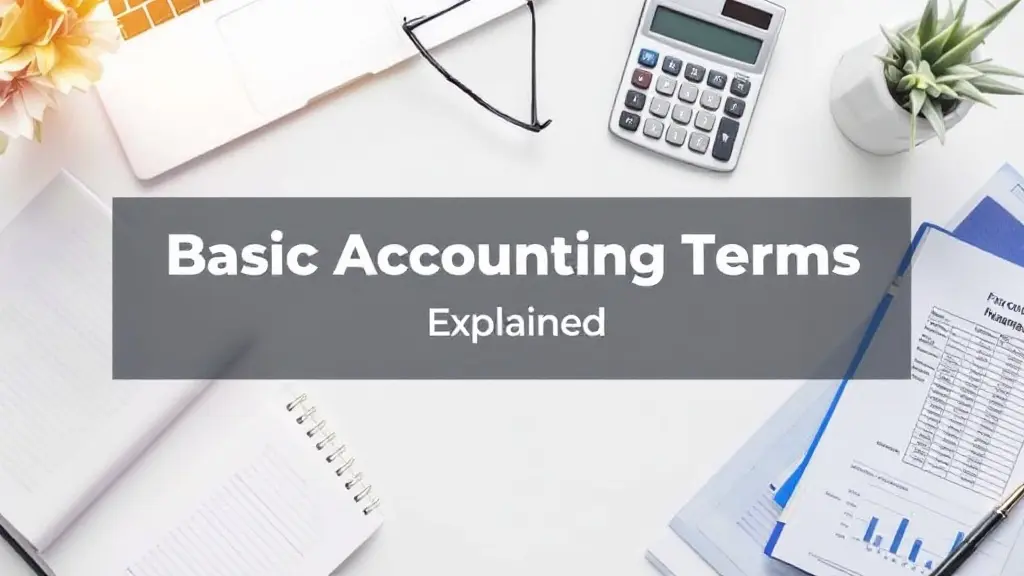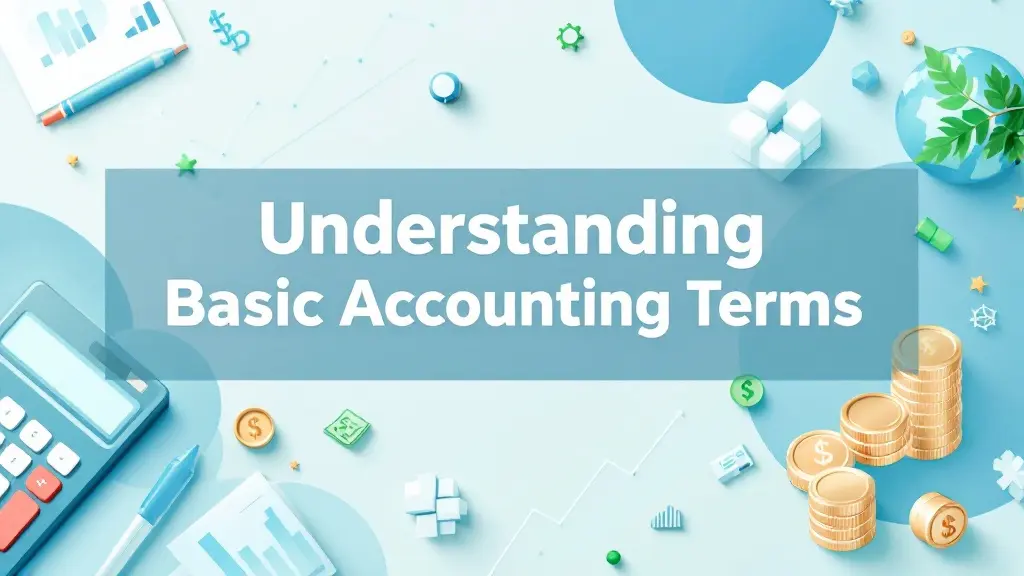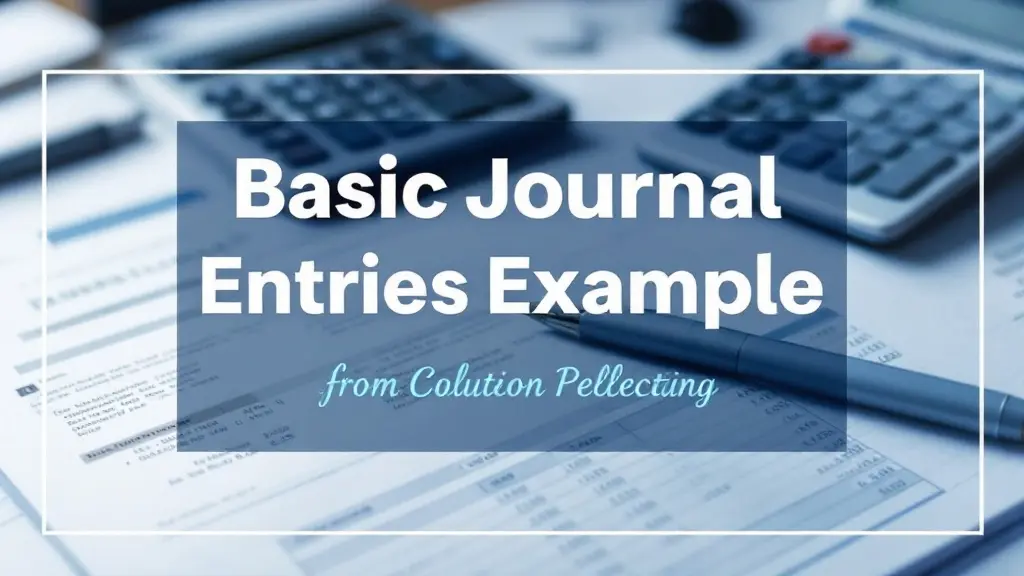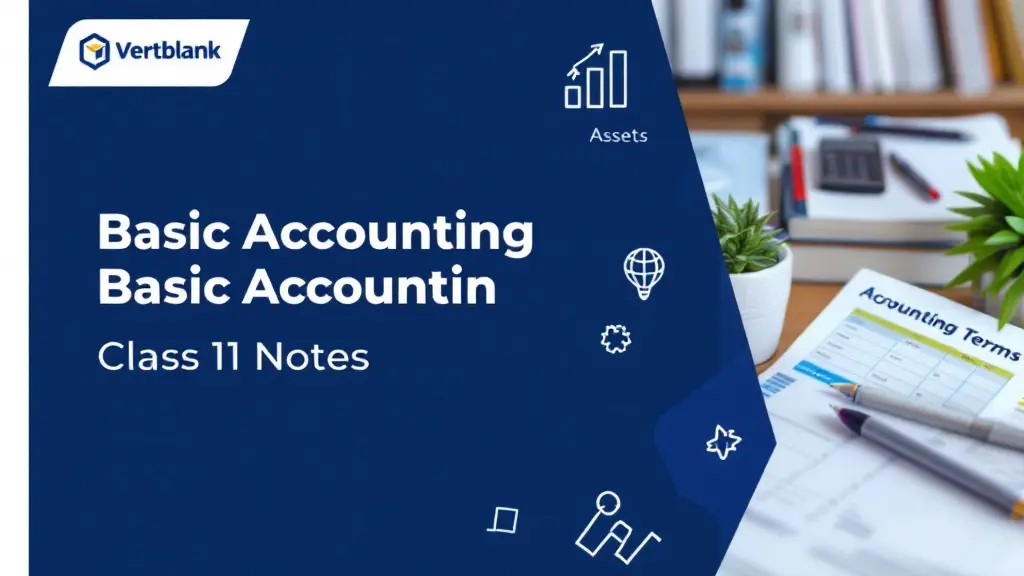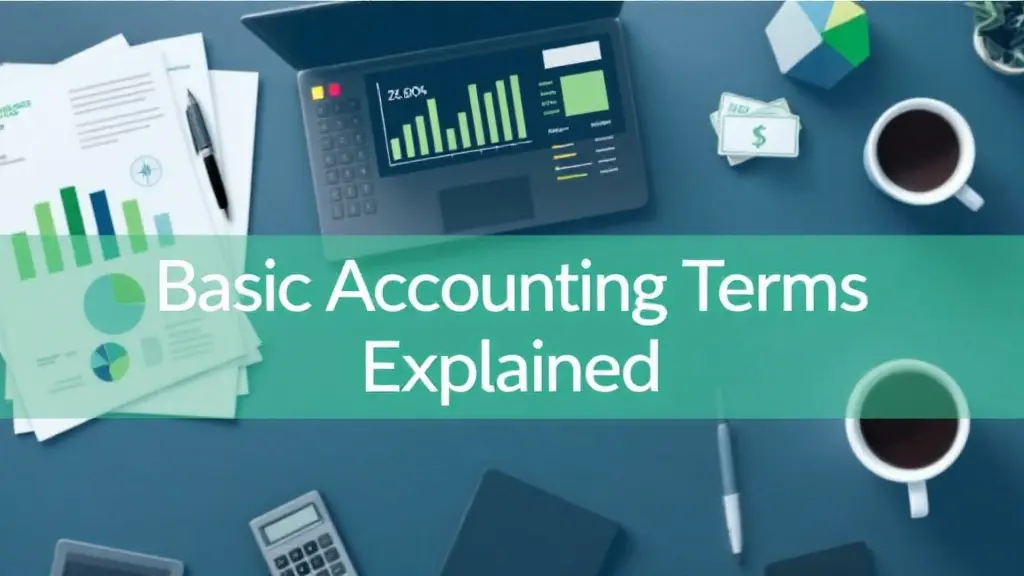Basis of Accounting for Class 11: A Comprehensive Guide to Understanding the Core Concepts
Table of Contents
Most Read
[fusion_dropcap class="fusion-content-tb-dropcap"]A[/fusion_dropcap]ccounting is the backbone of any business or financial entity. It provides the framework for recording, analyzing, and interpreting financial data, helping businesses make informed decisions. If you’re studying accounting in Class 11, understanding the basis of accounting is crucial. This concept lays the foundation for all subsequent lessons and practices in the subject.
In this blog post, we’ll walk you through the essential aspects of the basis of accounting, its types, and its importance in financial reporting. Whether you’re just starting your accounting journey or seeking a refresher, this guide is designed to make the topic easy to grasp.
What is the Basis of Accounting?
In simple terms, the basis of accounting refers to the method used to record and recognize transactions in financial accounting. This method determines when and how financial transactions are recorded and reported in the financial statements. Understanding the basis of accounting is vital because it influences how businesses measure and report their financial performance and position.
There are two primary bases of accounting:
- Cash Basis Accounting
- Accrual Basis Accounting
Let’s explore each of these in detail.
1. Cash Basis Accounting
Cash basis accounting is one of the simplest forms of accounting. Under this method, transactions are recorded only when cash changes hands. In other words, revenues are recognized when they are received, and expenses are recognized when they are paid.
Key Features of Cash Basis Accounting:
- Revenue Recognition: Revenues are recorded only when the cash is received from customers.
- Expense Recognition: Expenses are recorded only when cash is paid to suppliers, employees, or other creditors.
- Simplicity: This method is straightforward and easy to maintain, making it ideal for small businesses or individuals with minimal transactions.
- No Accounts Receivable or Payable: Cash basis accounting doesn’t involve tracking outstanding receivables or payables, which can simplify financial record-keeping.
Advantages of Cash Basis Accounting:
- Easier for Small Businesses: For small businesses with simple operations, cash basis accounting is easy to implement and understand.
- Cash Flow Focused: This method provides a clear picture of a company’s actual cash flow, as it records transactions only when cash is exchanged.
- Tax Benefits: In some cases, businesses using cash basis accounting can defer taxes on income they haven’t yet received.
Limitations of Cash Basis Accounting:
- Not Suitable for Larger Businesses: As businesses grow and their operations become more complex, cash basis accounting may not provide an accurate picture of their financial health.
- Doesn’t Reflect Accrued Revenues or Expenses: Cash basis accounting ignores transactions that haven’t been settled in cash, which may lead to a distorted view of profitability.
2. Accrual Basis Accounting
Accrual basis accounting is the more widely used method in modern business practices. Unlike cash basis accounting, this method recognizes revenues when they are earned and expenses when they are incurred, regardless of when the actual cash flow occurs.
Key Features of Accrual Basis Accounting:
- Revenue Recognition: Revenue is recognized when it is earned, which may not always coincide with when the payment is received. For example, revenue from a sale is recorded when the sale occurs, not when the customer pays.
- Expense Recognition: Expenses are recorded when they are incurred, even if the cash payment is made at a later date.
- Use of Accounts Receivable and Payable: Accrual accounting involves tracking amounts owed to the business (accounts receivable) and amounts the business owes (accounts payable).
Advantages of Accrual Basis Accounting:
- More Accurate Financial Picture: Since transactions are recorded when they occur, accrual accounting provides a more accurate picture of a company’s financial performance.
- Complies with GAAP: Accrual accounting is required by Generally Accepted Accounting Principles (GAAP) for larger businesses and publicly traded companies.
- Better for Long-Term Planning: By recognizing revenue and expenses when they are earned or incurred, accrual accounting gives businesses a clearer understanding of their financial position, which is essential for strategic planning.
Limitations of Accrual Basis Accounting:
- Complexity: Accrual accounting is more complex than cash basis accounting and requires a better understanding of accounting principles.
- Cash Flow Management: While accrual accounting gives a better picture of profitability, it doesn’t always reflect the company’s actual cash position, which can be crucial for cash flow management.
Difference Between Cash and Accrual Basis Accounting
Understanding the difference between cash and accrual basis accounting is essential for Class 11 students. Here’s a simple comparison:
| Feature | Cash Basis Accounting | Accrual Basis Accounting |
|---|---|---|
| Revenue Recognition | Recorded when cash is received | Recorded when earned, regardless of cash flow |
| Expense Recognition | Recorded when cash is paid | Recorded when incurred, regardless of cash flow |
| Simplicity | Simple and easy to implement | More complex and requires expertise |
| Financial Accuracy | Less accurate, can distort financial health | More accurate reflection of financial position |
| Usage | Suitable for small businesses and personal accounting | Standard for larger businesses and public companies |
Why is the Basis of Accounting Important?
The basis of accounting determines how financial data is processed and reported. Here are some reasons why understanding the basis of accounting is crucial for students:
- Financial Reporting: Businesses rely on financial reports to make decisions, and the basis of accounting determines the accuracy and timing of these reports.
- Taxation: The method of accounting affects how income is reported to tax authorities. Different tax regulations may apply based on whether a company uses cash or accrual accounting.
- Internal Control: By understanding the basis of accounting, companies can better manage their finances, make informed budgeting decisions, and plan for future growth.
- Comparison and Analysis: The basis of accounting helps investors, creditors, and analysts compare financial statements across companies. For example, companies using different accounting methods may report very different financial results, making it difficult to compare them.
Key Concepts to Understand in Accounting for Class 11
As you continue your studies in accounting, you’ll encounter several key terms and concepts related to the basis of accounting. Here are some important ones to keep in mind:
- Revenue: The income earned from the sale of goods or services.
- Expenses: The costs incurred to operate a business.
- Assets: Resources owned by the business that have economic value.
- Liabilities: Obligations or debts that the business must settle in the future.
- Equity: The residual interest in the assets of the entity after deducting liabilities.
Conclusion: Mastering the Basis of Accounting
The basis of accounting is a fundamental concept that forms the bedrock of accounting principles. Whether you’re studying for your Class 11 exams or simply want to understand the basics of business finances, grasping the differences between cash and accrual accounting is essential.
In summary, cash basis accounting is simpler and better suited for small-scale operations, while accrual basis accounting offers a more comprehensive and accurate financial picture, making it ideal for larger businesses. As you advance in your accounting studies, you’ll encounter more complex concepts and methods, but a solid understanding of the basis of accounting will serve as your foundation.
By mastering the fundamentals of accounting early on, you’ll be well-equipped for more advanced topics, helping you to excel in both your studies and future professional endeavors.
Visit Our Website : Accounting.in

